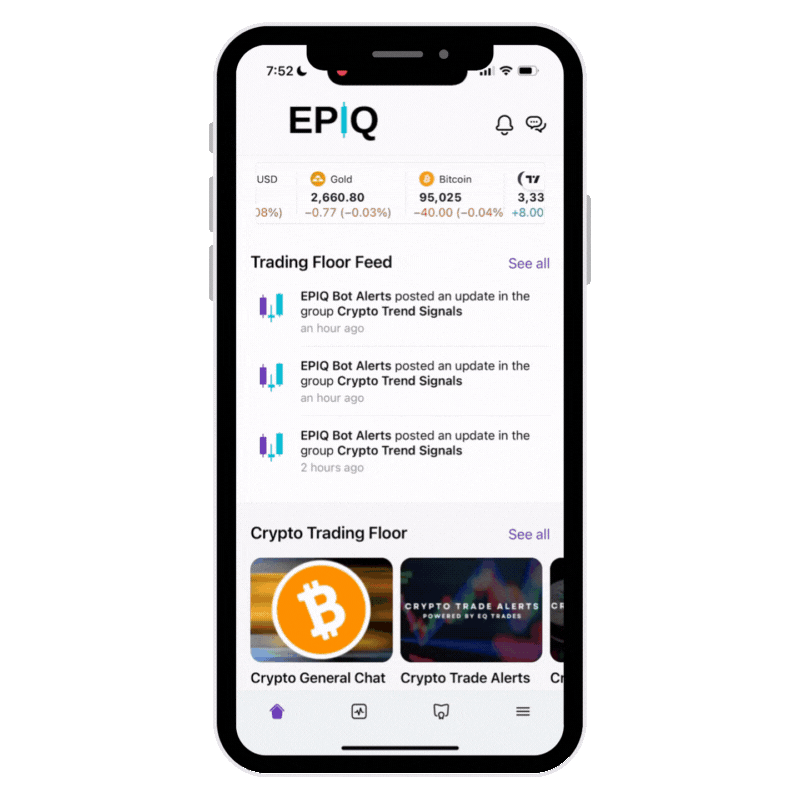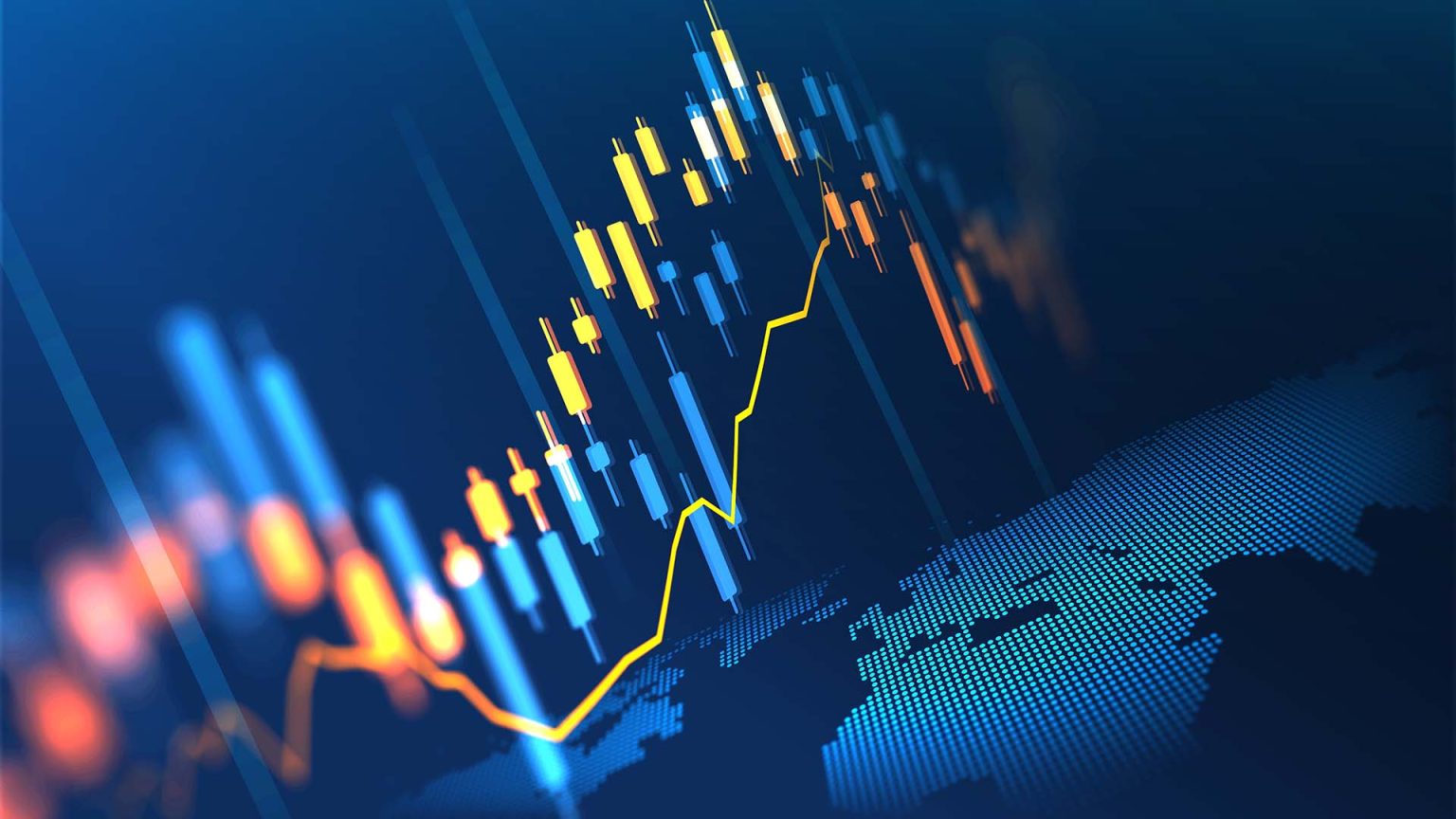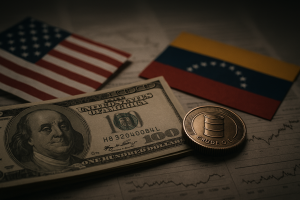The forex market is significantly influenced by global political and economic events, making an understanding of geopolitics essential for traders. As the largest financial market in the world, forex trading is subject to the ripple effects of elections, trade disputes, natural disasters, and other international developments. For traders, staying informed about geopolitical trends can lead to smarter strategies and better outcomes.
Want to enhance your forex trading knowledge? Join EPIQ Trading Floor today for a risk-free 3-day trial and unlock tools like trade signals, Member’s only livestreams, and one-on-one coaching. Use code “BLOG” at checkout for 10% off your membership. Cancel anytime within 72 hours without being charged.
What Is Geopolitics in Forex?
Geopolitics refers to the interaction between political, economic, and geographic factors on global affairs. In forex, these dynamics create market movements as traders adjust their strategies based on perceived risks and opportunities. For example, a country facing political instability may see its currency weaken as investors look for safer options.
According to Investopedia, geopolitical factors like trade policies, elections, and international conflicts are among the most influential drivers of forex market volatility.

Key Geopolitical Events That Influence Forex Markets
Elections and Political Transitions
Elections can have a profound impact on currency values, particularly in major economies. The uncertainty surrounding elections often leads to increased market volatility as traders speculate on potential policy changes. For instance, the U.S. dollar (USD) tends to fluctuate during presidential election cycles based on anticipated fiscal and monetary policies.
Trade Wars and Tariffs
Trade disputes between nations create uncertainty in global markets, directly affecting currency pairs. The U.S.-China trade war, for example, caused volatility in the USD/CNY pair as new tariffs and policy changes were announced.
Sanctions and Economic Policies
Economic sanctions imposed on countries can limit trade and economic activity, weakening their currencies. The sanctions on Russia have significantly impacted the Russian ruble, underscoring the critical role of geopolitical developments in forex markets.
Natural Disasters and Crises
Unexpected crises, such as pandemics or natural disasters, can disrupt economic stability and lead to significant currency fluctuations. For example, during the COVID-19 pandemic, demand surged for safe-haven currencies like the Japanese yen (JPY) and Swiss franc (CHF).
How Geopolitical Events Impact Currencies
Volatility and Risk Appetite
Geopolitical events often lead to heightened market volatility as traders reassess their positions. During times of uncertainty, risk-averse traders may move capital into safe-haven currencies like the USD or JPY.
Shifts in Interest Rates
Central banks often respond to geopolitical events by adjusting interest rates or implementing monetary policy changes. For example, an economic downturn caused by trade sanctions might prompt a central bank to lower interest rates, depreciating the local currency.
Investor Sentiment
Geopolitical developments shape investor sentiment, which can either strengthen or weaken demand for specific currencies. Positive developments, such as new trade agreements, can boost investor confidence and support currency appreciation.

Strategies for Trading During Geopolitical Events
Stay Informed
Regularly follow reliable news sources and analysis platforms to stay updated on geopolitical events that could impact forex markets.
Diversify Your Portfolio
Avoid overexposure to currencies vulnerable to specific geopolitical risks by diversifying your investments across multiple pairs.
Focus on Safe-Haven Currencies
In times of global uncertainty, consider trading safe-haven currencies like the USD, CHF, or JPY, which tend to hold their value during crises.
Use Stop-Loss Orders
Volatility during geopolitical events can result in rapid market shifts. Setting stop-loss orders can protect your trades from unexpected losses.
Examples of Geopolitics in Forex Trading
Brexit and the British Pound
The United Kingdom’s decision to leave the European Union (Brexit) caused prolonged volatility in the GBP/USD pair. Traders closely monitored Brexit negotiations to anticipate the pound’s movements.
U.S.-China Trade War
Trade tensions between the U.S. and China caused significant fluctuations in the Chinese yuan (CNY) and U.S. dollar (USD), particularly in response to tariff announcements and trade negotiations.

Enhance Your Forex Trading Skills with EPIQ Trading Floor
Mastering the impact of geopolitics on forex trading requires the right knowledge and tools. At EPIQ Trading Floor, we offer:
- Expert Trade Signals: Stay ahead of the market with real-time alerts.
- Live Sessions with Pros: Learn from experienced traders in Member’s only livestreams.
- Exclusive Mobile App Access: Use cutting-edge tools on the go.
- One-on-One Coaching: Refine your strategies with personalized guidance.
Start your 3-day risk-free trial today and use code “BLOG” at checkout for 10% off. Cancel anytime within 72 hours to avoid charges.
Conclusion
Geopolitical events have a significant impact on forex trading, creating both opportunities and risks for traders. By staying informed and employing sound strategies, you can navigate geopolitical volatility with confidence and capitalize on market movements.
Whether you’re a beginner or an experienced trader, EPIQ Trading Floor provides the tools and resources you need to succeed. Join today and elevate your forex trading journey.
Disclaimer: This article is for informational purposes only and does not constitute financial advice. Forex trading carries risks, and you should consult with a financial advisor before making investment decisions.










Responses